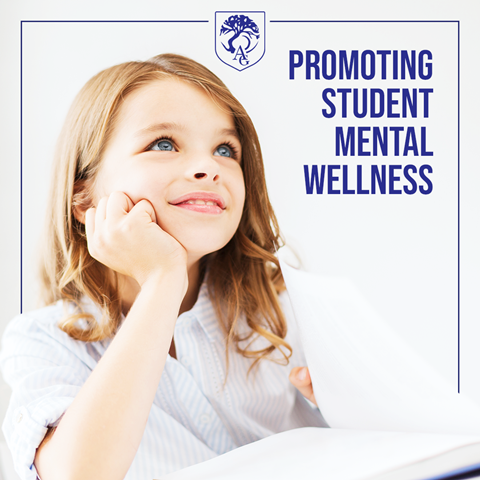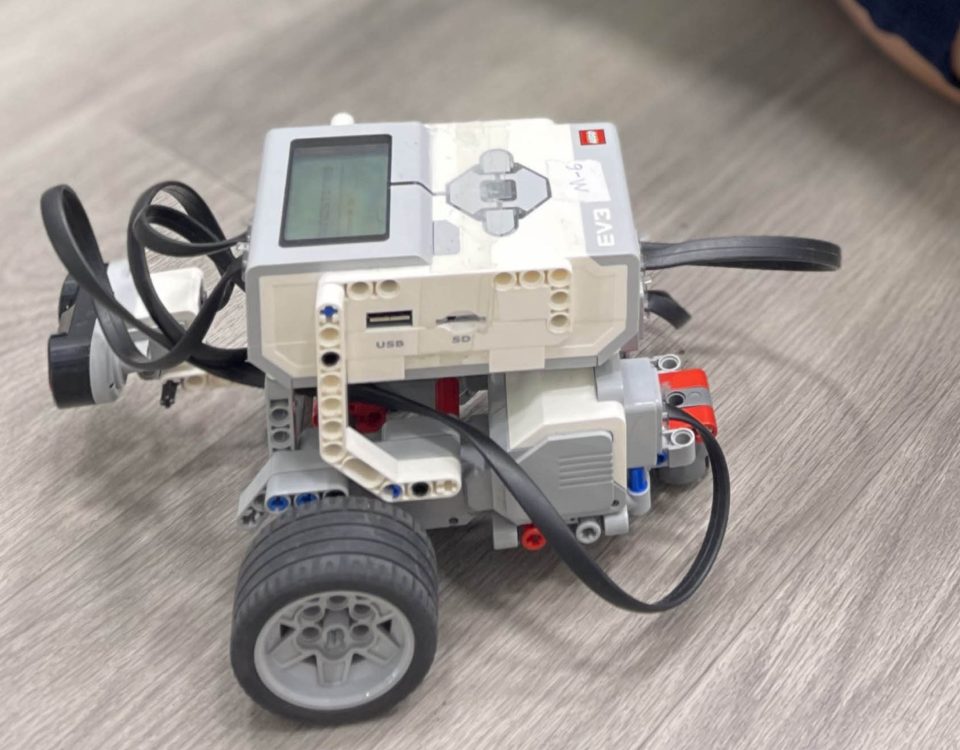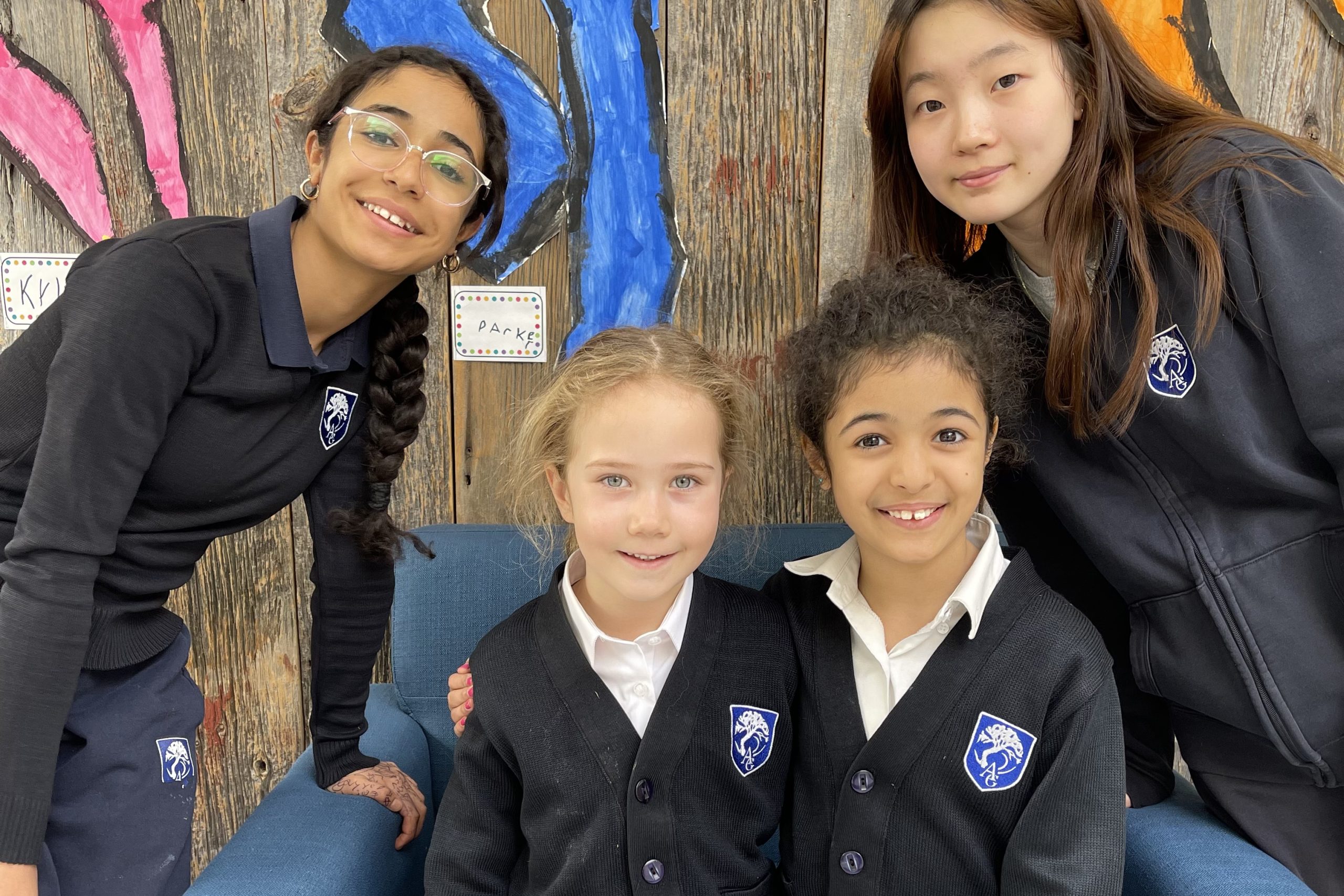Promoting Student Mental Wellness
Promoting Student Mental Wellness
Today’s children are growing up during a time where the world is at their fingertips – literally. While today’s technology has given us the power to explore our world and learn at a pace like never before, it has also presented new challenges for student mental health. It’s much more difficult for students to disconnect from the world around them and take time for adequate self care and reflection.
While some classrooms are able to negate some of the common stressors traditionally found in school settings – like standardized test anxiety and unhealthy levels of competition – there still remains general stress in everyday life. Helping children disconnect, decompress, and strengthen their emotional resilience and mental wellness lends itself to better outcomes in all aspects of life.
Signs of Mental Distress in Children and Teens
It’s important to keep in mind that the signs and symptoms of mental health distress vary widely from person to person. In children however, stress and anxiety are common and they often manifest as headaches and upset stomachs. Signs and symptoms also vary depending on the challenges each child is facing. It’s not unusual for children to also exhibit behavioral changes and changes in eating or sleeping habits. Paying close attention to fluctuations in a child’s typical behaviors is key to recognizing mental distress early so that you can help your child identify the problem and develop healthy coping mechanisms.
Promoting Positive Mental Health Outcomes in Students
Maria Montessori believed in the power of a well-prepared environment. Not only does this allow children to become independent, but it also creates a sense of security that allows children to rest their minds and have unhindered emotional development.
Many schools believe in the importance of incorporating mindfulness into the daily routine. This period of mindfulness enables students to reflect on their thoughts and feelings and gives their minds and bodies a needed break from outside influences and stressors.
Self care is as important for children of all ages as it is for adults. Younger children who are experiencing emotional upheaval may find comfort in moving to a quiet space when they feel overwhelmed. Older children may find comfort in talking to peers but adults should also work to establish open lines of communication that are free of judgment so that children can seek help when needed. Exercising and playing outdoors, expressing oneself through music or crafts, or playing with pets are all great ways for children of all ages to practice self care. Self care is different from person to person so it’s important to take time to find activities that are a good fit for each child’s individuality.
Children experience overwhelming emotions. With gentle guidance and understanding, children can navigate challenging emotions and learn coping skills to address them. It’s important to validate a child’s feelings and normalize those feelings. Empowering children to embrace self care and develop the tools necessary to mitigate stressful situations is critical to helping them build mental resilience and promote wellness of the whole child.








